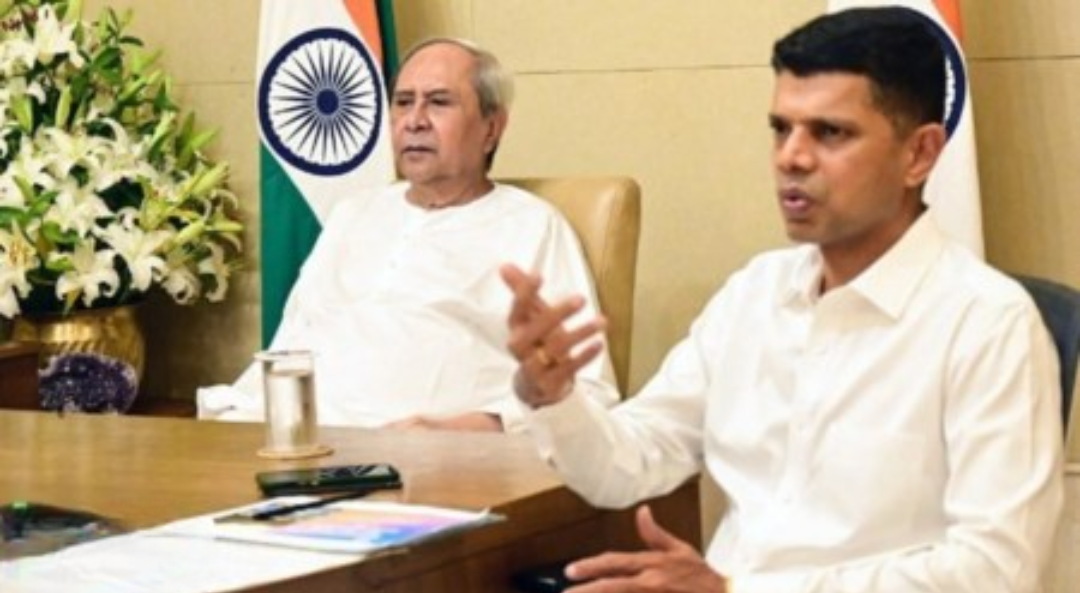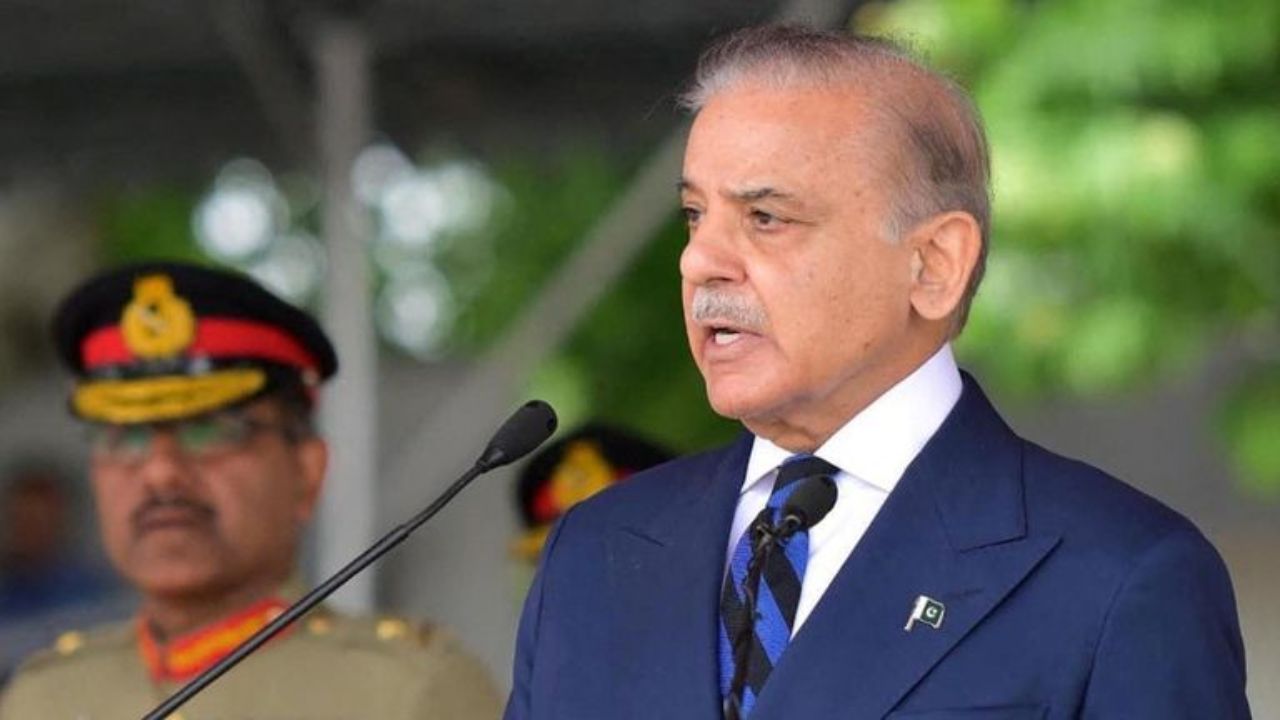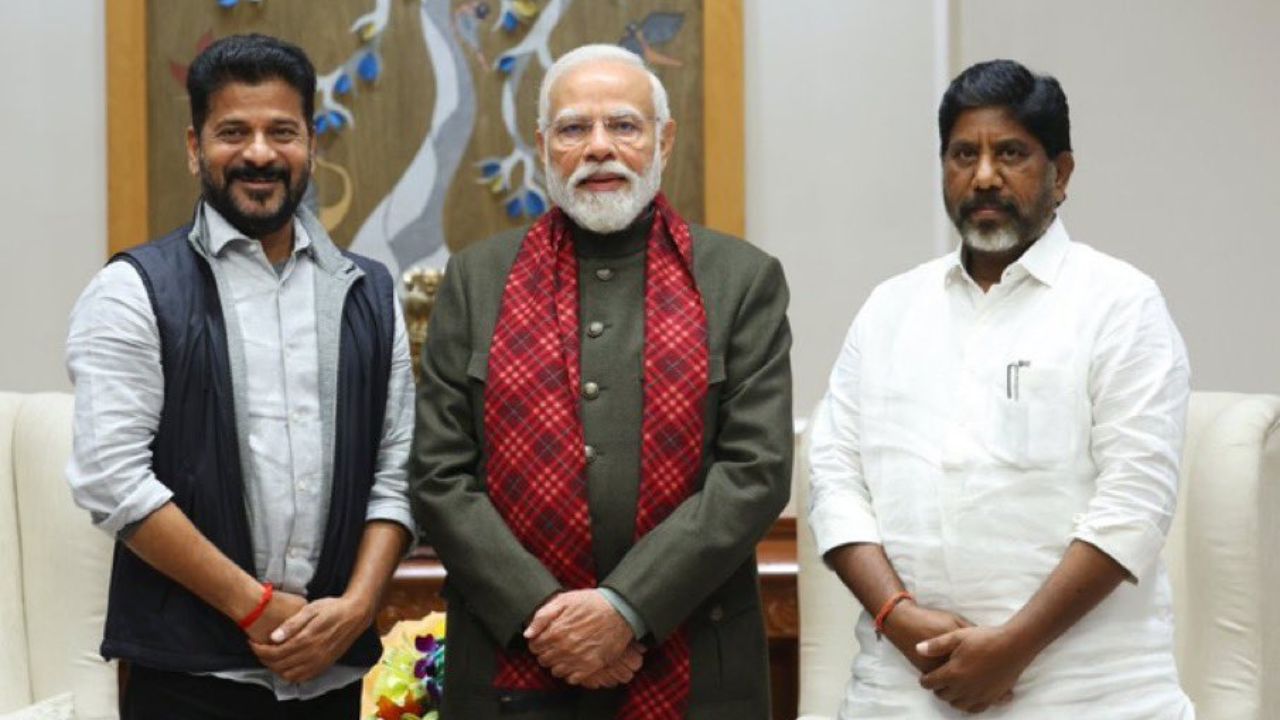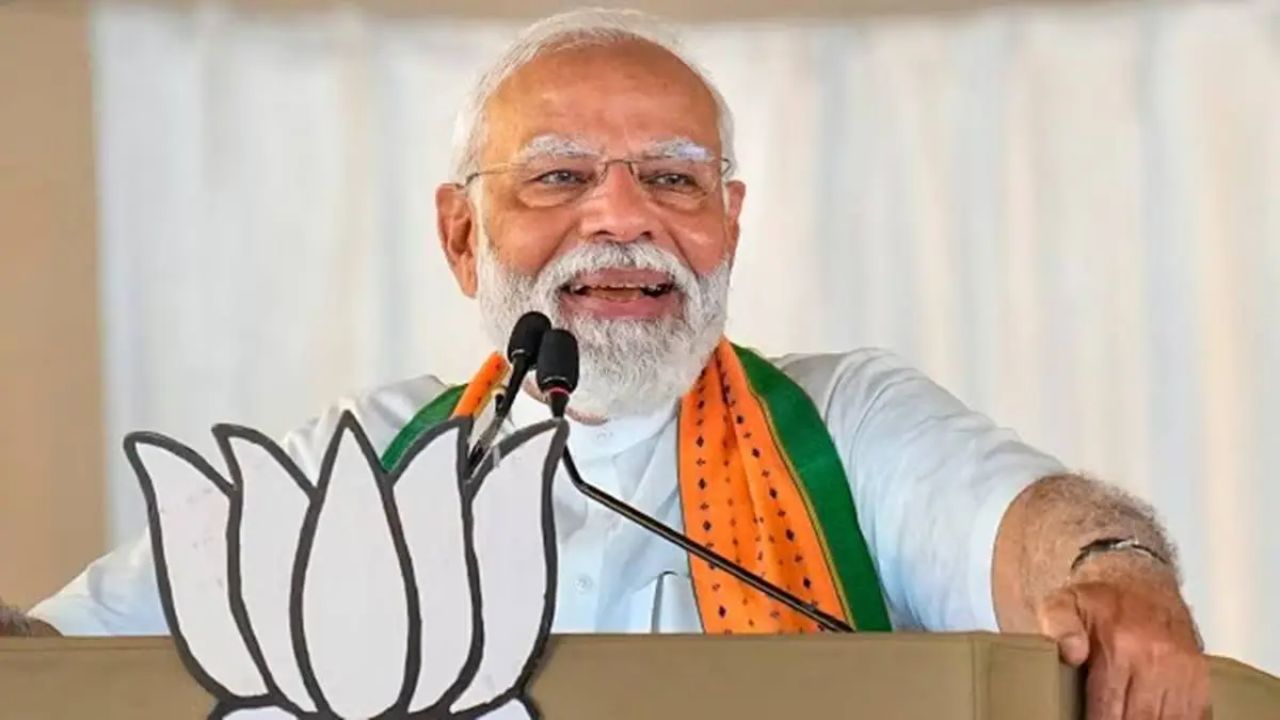“Why should we be afraid of you?” Pa Ranjith challenges Tamil Nadu parties over BSP leader’s killing
While the Tamil Nadu police have linked the murder of state BSP chief K Armstrong to “gang rivalry” and arrested several suspects, numerous Dalit activists have used the incident to highlight ongoing “discrimination and injustice”

While the Tamil Nadu police have linked the murder of state BSP chief K Armstrong to “gang rivalry” and arrested several suspects, numerous Dalit activists have used the incident to highlight ongoing “discrimination and injustice” against Scheduled Castes (SCs) in both social and political spheres.
On Saturday, prominent filmmaker and Dalit activist Pa Ranjith organized a “rally for justice” in Chennai to protest Armstrong’s killing. He launched a scathing attack on mainstream parties, including the ruling DMK, for “denying” SCs adequate political space. Ranjith, known for his films like Kabali (2016) and Kaala (2018), both featuring Rajinikanth and noted for their strong political messages, used the rally to draw attention to these issues.
The rally, organized by Ranjith’s Neelam Cultural Centre, was significant as Ranjith had a close relationship with Armstrong, a prominent Dalit leader. Addressing the gathering, Ranjith called for a detailed police investigation into Armstrong’s murder, suggesting there might be a “big conspiracy” behind it.
According to the police, Armstrong’s assailants, who have surrendered, claimed he was killed in retaliation for the murder of a history-sheeter, Arcot Suresh, last August, who was also from the Dalit community. The police have identified the suspects using CCTV footage and stated that one of them was Suresh’s brother, Ponnai V Baalu. The investigation revealed that Suresh and Armstrong had a rivalry due to their involvement in resolving disputes related to a major financial scam allegedly involving Aarudhra Gold Trading, which defrauded over one lakh depositors of Rs 2,438 crore between September 2020 and May 2022.
Despite the police ruling out political and communal motives in Armstrong’s murder, many Dalit groups reject this version. Armstrong was brutally killed outside his under-construction house in Chennai’s Perambur on July 5.
In his passionate speech at the rally, Ranjith criticized the historical and ongoing denial of rights to Dalits by the ruling parties. He cited the Justice Party era, the pre-Independence precursor to today’s Dravidian parties, as the beginning of this systemic denial. He reminded the DMK and the AIADMK of their reliance on the Dalit vote bank and questioned their commitment to Dalit issues. “We are the children of Ambedkar,” he declared, emphasizing their determination to seek justice through democratic means rather than violence.
Ranjith also mentioned Armstrong’s advocacy for Buddhism and suggested that his religious stance could have been a factor in his murder. He pointed out that the DMK’s Dalit leaders, including Chennai’s mayor, who holds her position due to Dalit reservation, have not supported Armstrong.
Ahead of the rally, VCK chief and DMK ally Thol Thirumavalavan urged his supporters to avoid Ranjith’s event, arguing that it would benefit Dalit opponents. Ranjith, however, affirmed his support for Thirumavalavan, emphasizing the need for multiple voices and leaders within the Dalit community.
Ranjith criticized the political establishment for failing to adequately represent Dalits and address their unique issues. He underscored the historical journey of Dalits through various political affiliations, highlighting the lack of substantive support from the DMK and AIADMK despite consistent electoral support from the Dalit community.
Experts note that while reservation and welfare schemes have uplifted many Dalits, a significant portion still lacks real inclusion and equitable access to resources. In rural Tamil Nadu, Dalit assertions often face violent backlash from backward communities. Despite constituting over 21% of the state’s population, Dalits hold few leadership roles in major parties. While the VCK aligns with the DMK, the BJP is also trying to attract Dalit voters, traditionally aligned with Dravidian parties.
Some Dalit leaders argue that Armstrong’s murder, while attributed to gang rivalry by the police, highlights deeper systemic issues of Dalit deprivation and disempowerment. They point out that many aspiring Dalit leaders are often forced into the darker aspects of the political economy, which hampers their political ambitions.
Armstrong, a law graduate who helped many Dalit youths become lawyers, faced numerous challenges, including eight criminal cases, before establishing himself as a political leader.
M Mathivannan, writer and president of Tamil Nadu Sakkiya Arunthathiyar Sangam, suggested that Ranjith’s criticism of the DMK was surprising, given the party’s role in breaking caste barriers. He noted that Armstrong, though a local leader, was not seen as a political threat but rather someone who tried to navigate the system from a vulnerable position and was unfortunately murdered.
“It is now proven that Armstrong was not killed for political reasons or his caste. When these two aspects are clear, Ranjith’s move of taking up Armstrong’s murder politically is something to be watched,” Mathivannan said.




